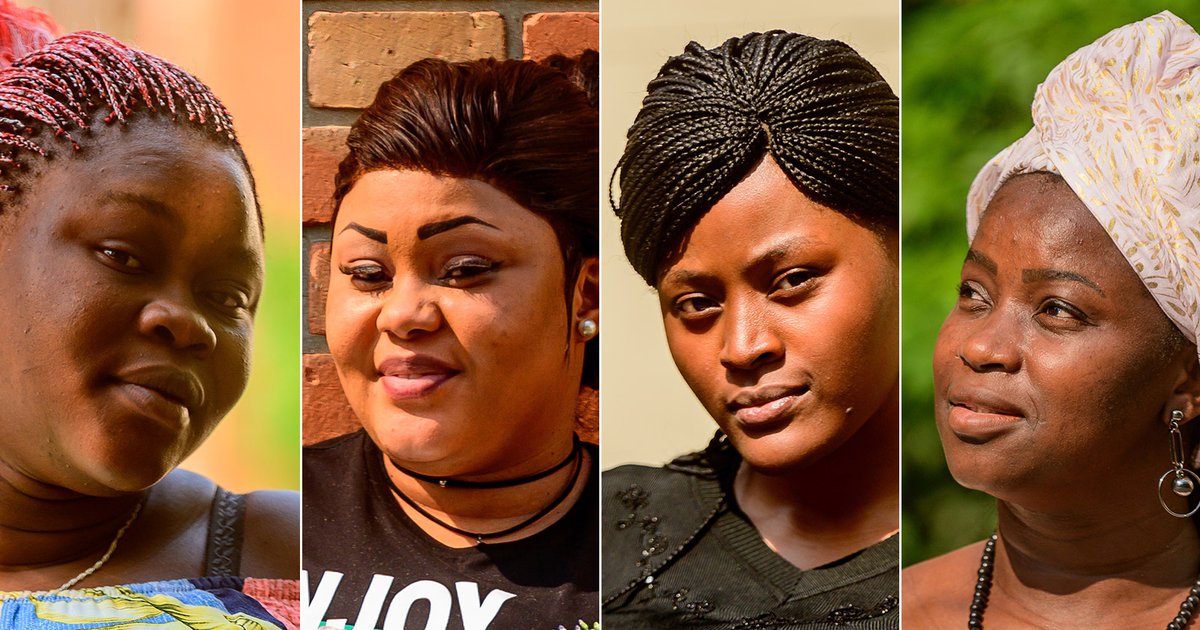At the same time, after the abolition of slavery in 1888, Africans and their descendants who were already living in Brazil were socially, economically and politically marginalised. Neighbourhoods with high concentrations of formerly enslaved people were referred to by the authorities as ‘urban quilombos’ (quilombos being the communities formed by enslaved people who managed to escape during the time of slavery), and characterised as morally impure, dirty, and dangerous places where ‘people of colour’ practiced their ‘uncivilised’ religion and other habits labelled as ‘African’. These neighbourhoods were constantly investigated, controlled and repressed by the police as part of the Brazilian authorities’ moral/racial ‘civilising’ project.
In the 21st century, despite the revocation of expressly racist immigration policies and the more inclusive and rights-based aspects of the new 2017 immigration law, racism persists and strongly affects the lives of African migrants and refugees in Brazil (approximately 35,000 people at present). Migrants from the Global North, especially those racialised as white, are welcomed, treated preferentially, and often positively portrayed in the media due to their supposedly positive cultural and economic contributions to Brazil. Africans, Haitians and Bolivians, by contrast, are depicted by journalists and politicians as a ‘problem’ and their presence a ‘crisis’. As will be seen in the contributions to this series, they face discrimination in all walks of life, and the neighbourhoods they inhabit are regarded today much as ‘urban quilombos’ were in the past.
Background to the series
Part of our European Research Council-funded research project ‘Modern Marronage? The Pursuit and Practice of Freedom in the Contemporary World’ involves a collaboration with Missão Paz, a philanthropic institution that supports and welcomes migrants and refugees in São Paulo, the largest city in Brazil. The staff at Missão Paz introduced us to the contributing authors of this series, who were already working together on a writing project to address the experiences of Congolese women in Brazil. Their project seeks to counter dominant media and policy narratives about sub-Saharan African people living in Brazil, narratives that erase their human particularities and characterise them simply as ‘migrants’, ‘refugees’, ‘Africans’, ‘victims’ or ‘villains’. They want to take advantage of what one contributor calls the ‘space of speech’ that Brazil offers to tell their own stories.
With this in mind, we asked the women if they would like to recount short life stories, on the theme of freedom, for publication on openDemocracy. They said yes, and the Missão Paz team worked with them to record, transcribe, edit and translate their narratives. This collection is the result.
Telling Stories Against a Dehumanising Grain
The women recounting their stories have much in common: they are all African, Congolese women racialised as black. They all made journeys to Brazil and all currently live in Brazil. All of their lives have been touched in one way or another by violence, sexism, racism, and xenophobia, by bordering practices and immigration systems designed to restrict certain groups’ freedom of movement, by forces of exploitation and marginalisation. They are all people that journalists, human rights campaigners, and academics (including us) could portray as ‘migrants’, ‘refugees’, ‘victims’ or ‘heroes’ in narratives about social and political inequalities. But what actually comes through from the texts is their individuality.
Left to narrate their own lives, our contributors make their difference visible. There is diversity in the experiences they choose to recount, and in the narratives they use to make sense of themselves and others, and of their pasts, presents and futures. This individuality and diversity should not be surprising. What else would we expect from nine different humans? But ‘migrants’ are so often imagined and represented as homogeneous beings, defined above all by their migrancy, that the range and uniqueness of these stories cuts against the grain. In publicly telling them, our contributors continue their active, at times collective efforts to resist all forms of violence against them, including the violence of dehumanising stereotypes and one-dimensional narratives.
PrintJulia OConnell Davidson Missao Paz Angelo Martins Junior | Radio Free (2021-03-17T23:00:00+00:00) To be a Congolese woman in Brazil. Retrieved from https://www.radiofree.org/2021/03/17/to-be-a-congolese-woman-in-brazil/
Please log in to upload a file.
There are no updates yet.
Click the Upload button above to add an update.
